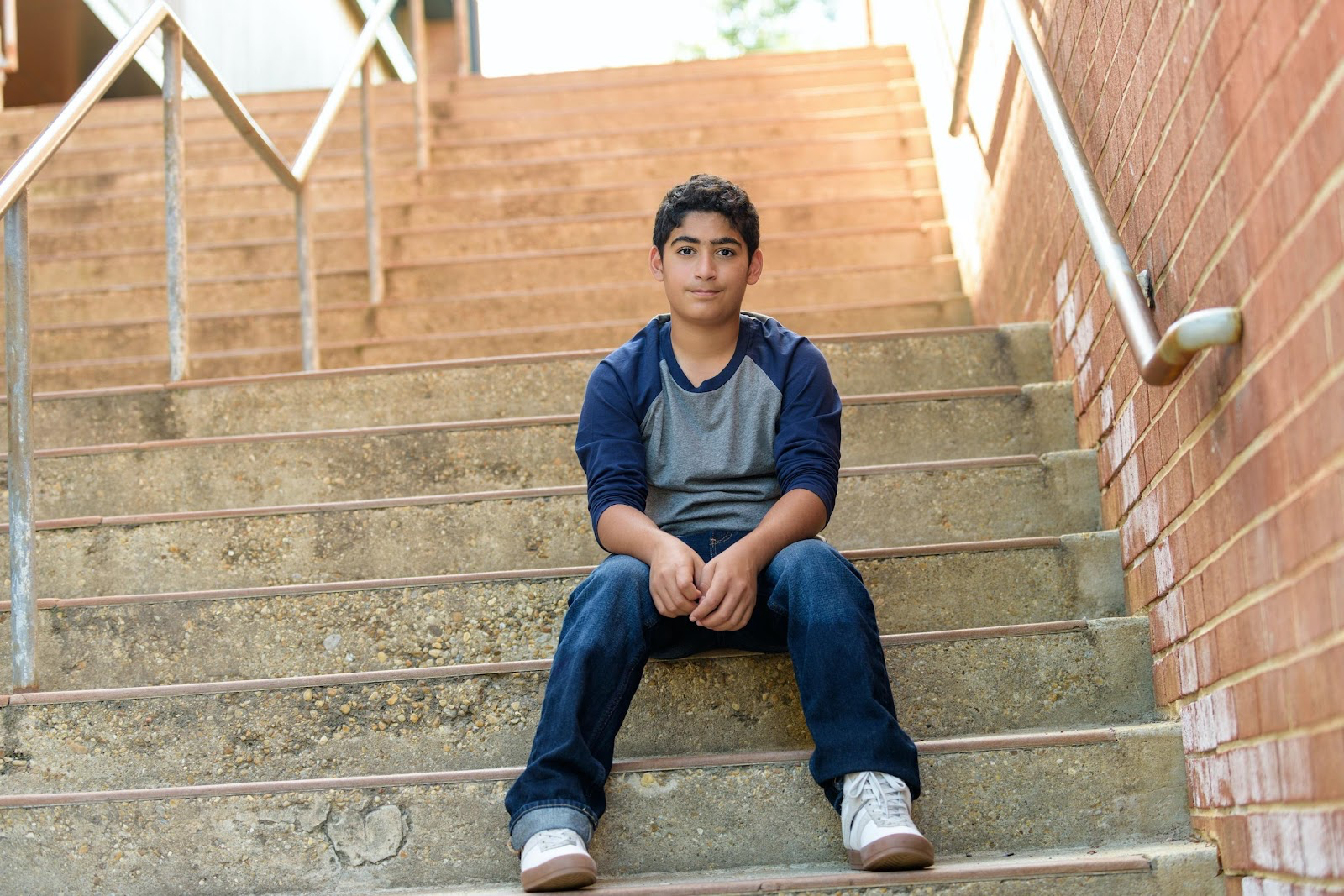LA2050 Blog
We’ve got access to the information that every Angeleno needs to make an impact. Our blog features the latest LA2050 news, announcements, features, happenings, grantee updates, and more.

CASA Helps Keep Youth in Foster Care Out of Juvenile Delinquency
PostedThis is an update on the winning proposal from the CONNECT category in the 2019 LA2050 challenge.
CASA of Los Angeles' mission is to mobilize community volunteers to advocate for children in the Los Angeles County child welfare system who have experienced abuse and neglect. CASA/LA has long recognized the social, racial, and economic disparities within the child welfare system, and has worked to not only serve more children in care in order to ameliorate the consequences of those disparities but to prepare our community volunteers to support the establishment of more equitable opportunities for children and youth within the child welfare system and in life.

According to a 2018 study conducted by USC's Child Data Network, four out of five LA probation youth have received at least one child welfare referral for suspected maltreatment, with many experiencing their first referral early in childhood. These youth are frequently called crossover youth as they have pending cases in both the dependency care system (foster care) and juvenile delinquency. They also have higher rates of unemployment, adult incarceration, and homelessness. Los Angeles County's Youth Diversion and Development Office is implementing a comprehensive youth diversion model to link youth facing entry into the juvenile justice system with community-based organizations that support their development, in lieu of an arrest or citation. Unfortunately, youth in foster care are not able to participate in this program unless a parent or guardian can monitor their participation.
CASA is working to fill this gap by training and appointing LA community members as advocates for these youth so they may participate in diversion programs. These volunteers will supervise and monitor youth's participation in such programs by advocating for access to services, supporting youth in navigating challenges with community based organizations (requests to change provider, address conflicts, etc.), addressing barriers to successful completion of the diversion plan (e.g., transportation), monitoring progress within the program, and coordinating between various parties on youth's team. Through LA2050, CASA/LA is working to recruit and train 400 volunteers to serve youth in the foster care system, of which a chosen cohort will help to pilot this important program.
Building Collaborations with Key Partners
Since this fall, CASA of Los Angeles has been working diligently with the Youth Development and Diversion Office (YDD) and the Children's Law Center (CLC) to determine the best protocols by which to appoint and serve youth in diversion programs. The three partners have a meeting scheduled in February in order to finalize those details and begin the referral process. Additionally, from that meeting, CASA of Los Angeles hopes to begin presenting to the Community Based Organizations responsible for the diversion programs so they will better understand the CASA's role in overseeing youth participation.
In addition, CASA of Los Angeles has met with personnel in probation, in the Public Defender's office and alternate public defender's office to discuss our involvement in diversion and how we are branching into juvenile justice. Through this relationship building, we are creating stronger connections into the juvenile justice system so we may better advocate for youth who are dually involved in both systems.
Piloting the Program
CASA of Los Angeles has already identified a small group of CASA volunteers to be part of the pilot program. Once the manual in overseeing diversion cases is finalized, this cohort will participate in the initiative training and begin to oversee the first set of appointed cases. In addition to serving the youth in question, the pilot cohort will also provide feedback and input on the training and program management. Currently, we have eight CASA volunteers interested in this program, which will allow us to serve the first cases assigned in the system.
More to Come
By the beginning of March, we intend to train our first cohort and anticipate serving the first 10 cases by April 1, in collaboration with YDD, CLC and the CBOs. By the summer, CASA intends to launch its first official cohort of volunteers, who will be trained to oversee youth participation in the diversion program. Over the next year, CASA/LA hopes to scale this program to recruit more volunteers from outside of CASA's volunteer pool, offering community members another volunteer opportunity within the CASA model.
For CASA of Los Angeles, this program is the beginning of our volunteers becoming more involved in the juvenile justice system, working with youth who are at risk of being dually involved in the dependency and delinquency systems. Through this program, we hope to one day serve more crossover youth to help ensure they receive the services and supports they need to avoid ongoing participation in the justice system and grow up to lead healthy, free and resilient lives.